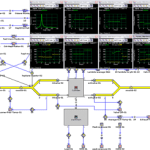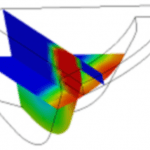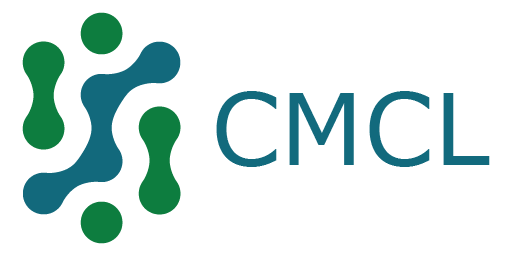Our industrial customers and research partners have reported that our consultancy services, comprehensive training, and advanced computational modelling software tools have significant contributed to their respective engine development programmes and research projects. Our extensive knowledge and expertise in the automotive sector enhance their insight into fuels, combustion, and emissions.
At CMCL, we strive to offer expert solutions suitable for every application and level of technical details, starting from simple system-level analysis right up to detailed, physics-based solutions.

Detailed Analysis of Chemical Kinetics: We offer software and consultancy services in the application and development of models for the simulation of fuel oxidation and gas/particulate emissions formation. We can also help you to develop equivalent models for the simulation of aftertreatment technologies.

Advanced Engine Analysis: If your application requires a detailed analysis of fuels, combustion or exhaust gas emissions and particulates, we offer the SRM Engine Suite as a product directly to our customers. We also use the tool for internal and external consultancy projects.

Zero/One Dimensional Performance Simulations: With our extensive experience, we can provide support and consultancy service in simulating combustion using 0/1D engine performance and analysis tools. We can also provide predictive combustion simulator plug-ins for steady-state and transient engine performance applications.

Expertise in 3D CFD Analysis: We also offer consultancy services in the application of state-of-the-art 3D CFD tools to simulate combustion and in-cylinder analysis of fuels, combustion and emissions formation.
Typical Projects
- Detailed DISI and CIDI engine combustion and emissions simulations, reducing engine testing
- Tabulated models which describe the transition from HCCI to SI using detailed chemistry
- Thermal optimisation and fuel economy improvement in engine development programmes
- Detailed chemical model development for auto-ignition, knock and misfire detection
- Simulations of the soot size distribution and the impact of engine design parameters e.g. EGR on it
- Optimisation and reduction of exhaust gas emissions for multiple injection event strategies
- NOx, PM, CO, uHCs emissions reduction through advanced combustion and aftertreatment strategies
- Alternative fuelled powertrains simulations such as hydrogen, dual fuel, CNG gas etc.
- Impact of bio-derived fuels and blends with conventional gasoline
- Impact of alternative thermodynamic cycles on combustion, emissions and efficiency
